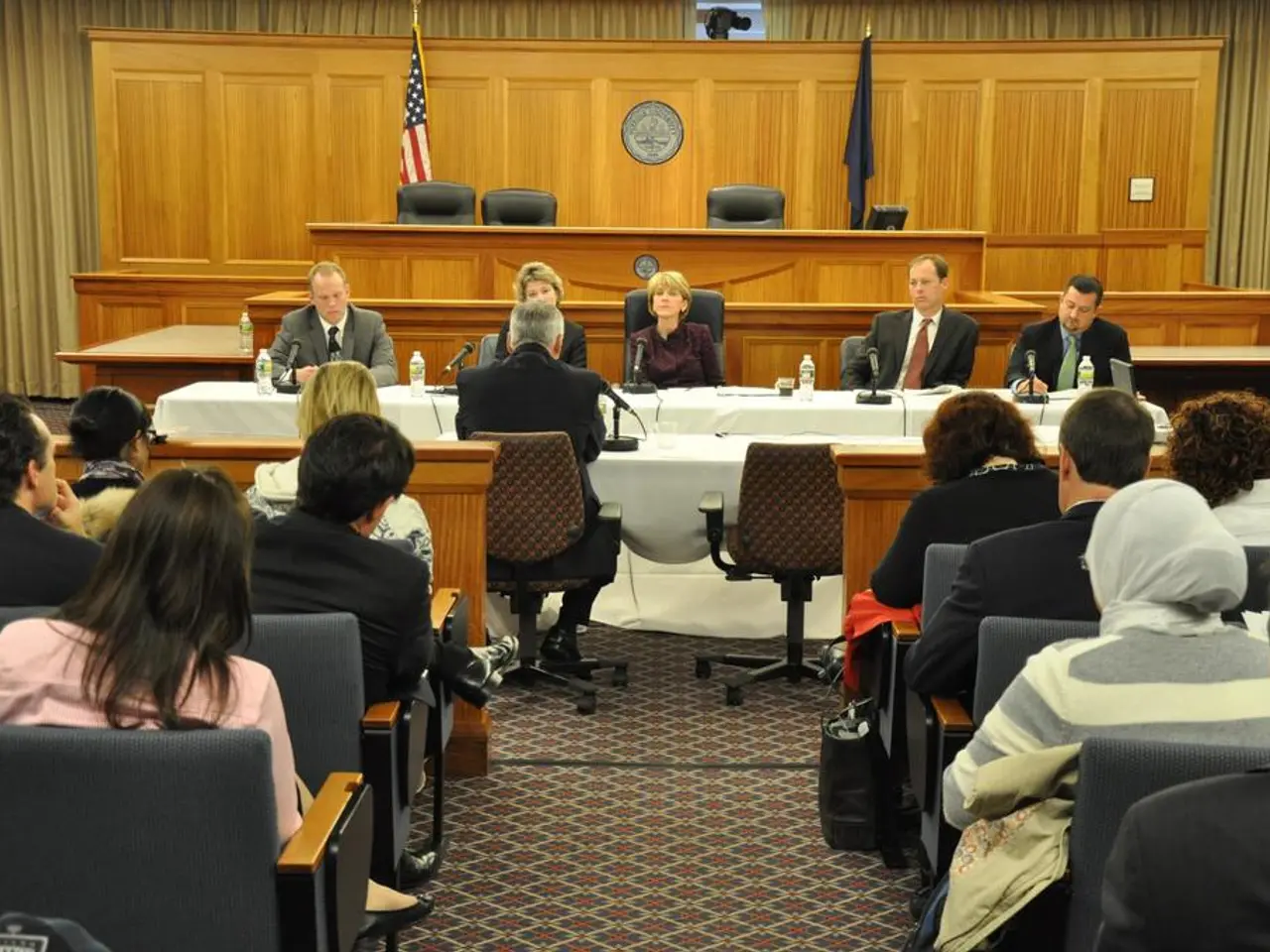NATO's five percent target for defense spending rejection by Spain explained
Don't Count on Spain Contributing Much More to NATO's Defense Budget
Madrid's reluctance to jump on the defense spending bandwagon has come to light, with Spain resisting pressure to increase its military expenditure to five percent of GDP. This stance is made clear in a letter penned by Prime Minister Pedro Sánchez and addressed to NATO Secretary-General Jens Stoltenberg.
Spain, it seems, finds the proposed five percent target "unreasonable" and potentially detrimental to its country's economic well-being. Rather than committing to a specific spending target, Spain has decided to stay firm on its stance at the upcoming NATO summit in The Hague.
It's no surprise that Spain is balking at the idea of boosting defense spending. After all, back in May, Foreign Minister José Manuel Albares made it clear that Spain was putting in substantial efforts in the defense sector. The current NATO target of two percent of GDP was considered "realistic" by Albares.
Meanwhile, Defense Minister Margarita Robles has labeled NATO's plans as a "big mistake." Robles insists that the approach should not involve setting a specific percentage first and then determining capabilities; instead, it should be about establishing capabilities and then determining the required percentage.
Currently, Spain spends just over one percent of its GDP on defense, making it one of the most stingy NATO members. In April, the left-wing government revealed plans to surpass the two-percent target this year - a move that would require an extra €10.5 billion, representing roughly a 50 percent increase in military spending.
With such a steep hike in defense spending, Spain sees the suggested five percent target as excessive and ill-timed given the current geopolitical climate and economic circumstances. The government is advocating for either being exempted from the five percent target or having the option to opt out for member states. If Spain succeeds in pushing for this compromise, it could cause complications at the NATO summit, as decisions on defense spending targets require unanimous consensus among all member states.
So, don't hold your breath for Spain to make a significant contribution to NATO's defense budget anytime soon.
Spain's stance at the upcoming NATO summit in The Hague may cause contention, as Prime Minister Pedro Sánchez and his government advocate for an exception or the option to opt out from the proposed five percent defense spending target. This position on policy-and-legislation regarding defense expenditure is a contentious issue in the politics of general-news, particularly in the context of Spain's current economic circumstances and the geopolitical climate.





